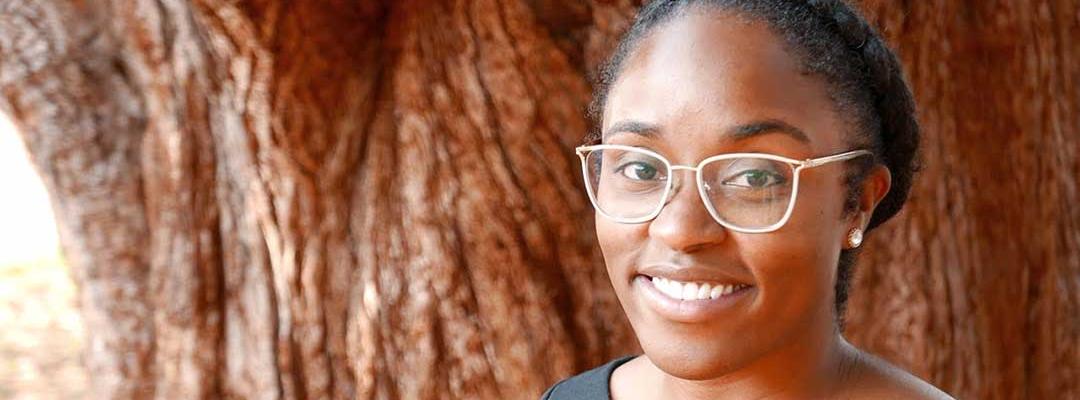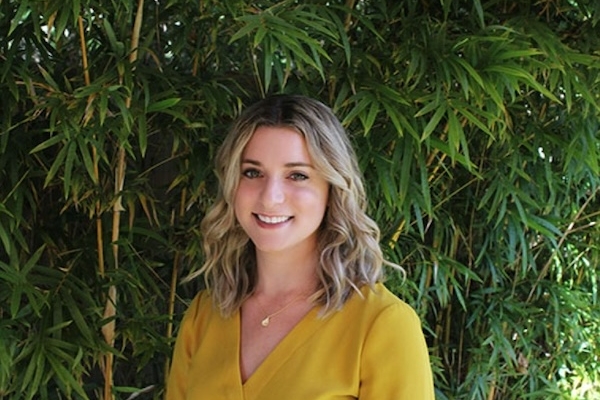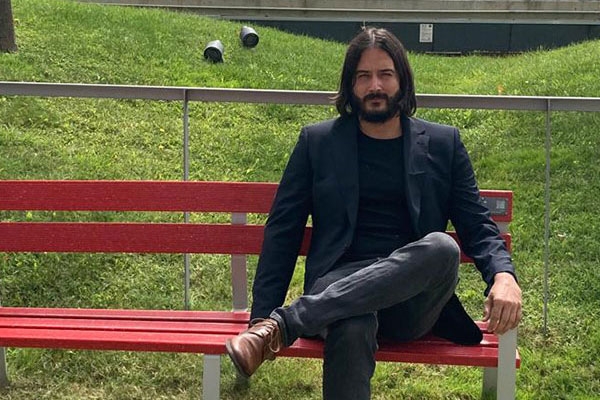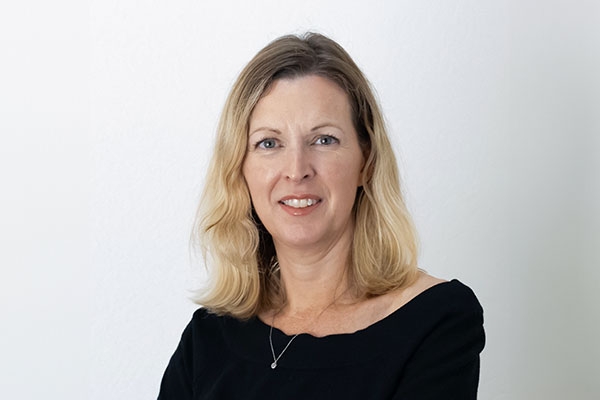When you talk to Adrian Morris, you are overwhelmed by her passion to help others.
She is an advocate in the making.
A staunch supporter of those living in underserved communities.
An aspiring professional whose goal is to make sure people have financial literacy in order to make sound decisions for their future.
And as she looks toward helping others make knowledgeable investments in themselves, Adrian knows she needs to start with herself.
But the desire to give back to her community isn’t a stretch for Adrian. She’s always been involved in finding ways to transform herself and her community. Whether it’s getting involved in politics in high school or actively participating in the debate team, Adrian’s goal—first and foremost—is to find solutions.
To Be or Not to Be An Attorney
“I originally wanted to be an attorney,” Adrian recalls. “My passion was to help people, solve problems, answer questions and serve as an advocate for them. I wanted to teach them the tools so they can be sufficient, but also serve as a sounding board for them to get a final solution and live a better life. Give people who weren’t dealt a great hand but needed someone to redirect their lives and find meaning. I thought I could do that as an attorney. I mean, I have watched Law and Order since a young age!”
So with eyes toward attending law school—having graduated from UCLA with a B.A. in American Politics—Adrian started work as an office assistant at an immigration law firm to gain experience. During her tenure there, she was promoted twice but reached a point where attending law school was the only option to move ahead.
But Adrian wasn’t ready to commit to law as a career. So she turned to mentors she’d known since sophomore year of college for professional advice.
“I told them about where I was working and that I really wanted a career,” Adrian says. “They mentioned working at Fidelity Investments as an option. I figured I would try it as I was still taking a break from applying to law schools.”
Equipping clients with the tools to become financially literate or enhance where they are at financially. That was exciting for me.
Professional Dreams Realized
Within the first or second month as a financial representative at Fidelity, it all clicked for Adrian.
She’s a people person, someone who wants to find solutions while creating lasting relationships with her clients.
“I had an interaction with a couple who had simple questions about their accounts,” Adrian recounts. “We began talking about life and having a nice conversation about them raising their granddaughter on behalf of their son. This was the first time I found something that aligned with who I was and my background. This is the lightbulb moment.
“The things I want to do in the world can’t be done through law or as a politician. I want to be a financial planner: creating a life map for clients and serving as their advocate, their teacher, their therapist. Equipping them with the tools to become financially literate or enhance where they are at financially. That was exciting for me.”
So two years into this position, Adrian began looking for educational opportunities to better serve her clients as a financial planner. From those same mentors who guided her on this path came information about our scholarship opportunities.
She applied and was awarded, and we’re proud to say she’s on her way to fulfilling that career dream, thanks to the Certificate Program in Personal Financial Planning.
Check out Adrian accepting the 2020 Paul Emery Memory Scholarship at 14:03
You started the certificate in 2018, a year after you moved to North Berkeley Investment Partners (now North Berkeley Wealth Management).
I thought, “Because I want to be a CFPⓇ, it was time for me to transition.” So I joined North Berkeley Investment Partners, working full time as an associate adviser.
I was working from 8 am to 5 pm and then in class from 6 to 9 pm. It is a lot to take on, but the classes were interesting and I could apply learning to my clients the next day.
I have about five more classes to finish the certificate and then I’ll take the CFPⓇ exam.
I want to empower my clients to make well-informed decisions, and that’s the core of financial planning.
So far, what has your experience been taking classes?
The instructors are great. They are intelligent and have a lot of great information to give—considering they have day-time jobs in the field. They bring up scenarios from their own client meetings, which is really helpful.
They are always available to help you better understand the material or a client interaction that you had at work that day. I also loved the different projects: In Survey of Personal Financial Planning, we had to create a financial plan for a relative or friend. That was fun because I had to think about somebody else who is closer in similarities to me than an actual client may be.
The Employment Benefits and Retirement Planning class was interesting because I didn’t really know a lot about retirement benefits, except for IRAs and 401ks. We did a deep dive into those benefits, as well as profit sharing and other retirement options such as pensions. That came in handy at North Berkeley because some of our clients work at tech companies and they have profit-sharing or stock options. Without that course, I wouldn’t have even known what any of that was or how to help them. After I took that class, I gained a better understanding of the type of retirement planning that clients need and how much help I can do to prepare my clients to better utilize their retirement options in the future.
I want to empower my clients to make well-informed decisions, and that’s the core of financial planning: equipping your client with enough skills and tools to allow them make the best decision for themselves.
I want to lift up women who need that financial help but who may not be able to afford someone to help them.
Once you complete the certificate, what are your next steps?
I want to do pro-bono work for women who are either transitioning into the workforce or from another profession, or who are moving up in their careers but don’t have financial literacy.
When I worked at Fidelity, there was research that proved that during the next 20-plus years, women will be the major breadwinners in their families. That stood out to me because we talk about kids being financially literate, but women and money are rarely talked about.
Looking at my own journey, I want to lift up women who need that financial help but who may not be able to afford someone to help them.
What advice do you have for someone who is considering starting the certificate?
Pace yourself. It’s a lot of material and you want to soak everything up.
With the classes and different financial licensing you need to have, it’s such a rush to get them in order to start working. Everything that you learn from class is applicable to your everyday life.
It’s more than just passing the class; you want to soak it all in and bring that knowledge with you to the next class. Ask questions in class or after. Try to network.
Don’t be discouraged because you don’t see yourself amongst the program. Take that as an opportunity to empower yourself and then go and empower the community or the community you are from.



